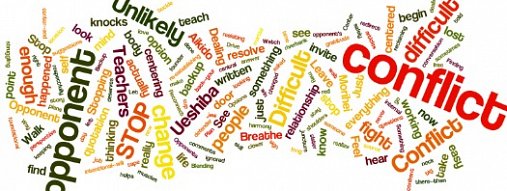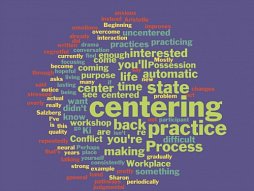The word Aikido (合気道) is made up of three kanji. The first character, 合(ai), may be translated as ‘harmony,’ ‘confluence,’ or ‘agreement.’ This kanji can also be used on its own as the verb 合わせる(awaseru) meaning to ‘match,’ ‘fit,’ or ‘join together.’ If I wanted to set my watch to someone else’s we would 時計を合わせる, tokei wo awaseru, ‘set our watches to the same time.’
In the context of training, much of our practice is 合わせ稽古 (awasegeiko), or what might be called cooperative practice. We refer to the person who applies the technique as 投げ (nage, ‘person who throws’) or 取り (tori, ‘person who executes the technique’). The attacker, who later finds himself on the receiving end of the technique, is called 受け (uke, literally, ‘person who receives’). These are prescribed roles, and in class we alternate between them with our partners as we practice.
One of the greatest criticisms of Aikido on the Internet--for those who pay attention to these sorts of things--stems from this approach to training. When uke attacks, he knows he’s going to be thrown or pinned. As nage, we know we’re going to ‘win’ and successfully apply our technique to the other person because that’s our role. The criticism then becomes that Aikido is merely an elaborate performance in which people take turns falling down for one another like some sort of martial dance....











